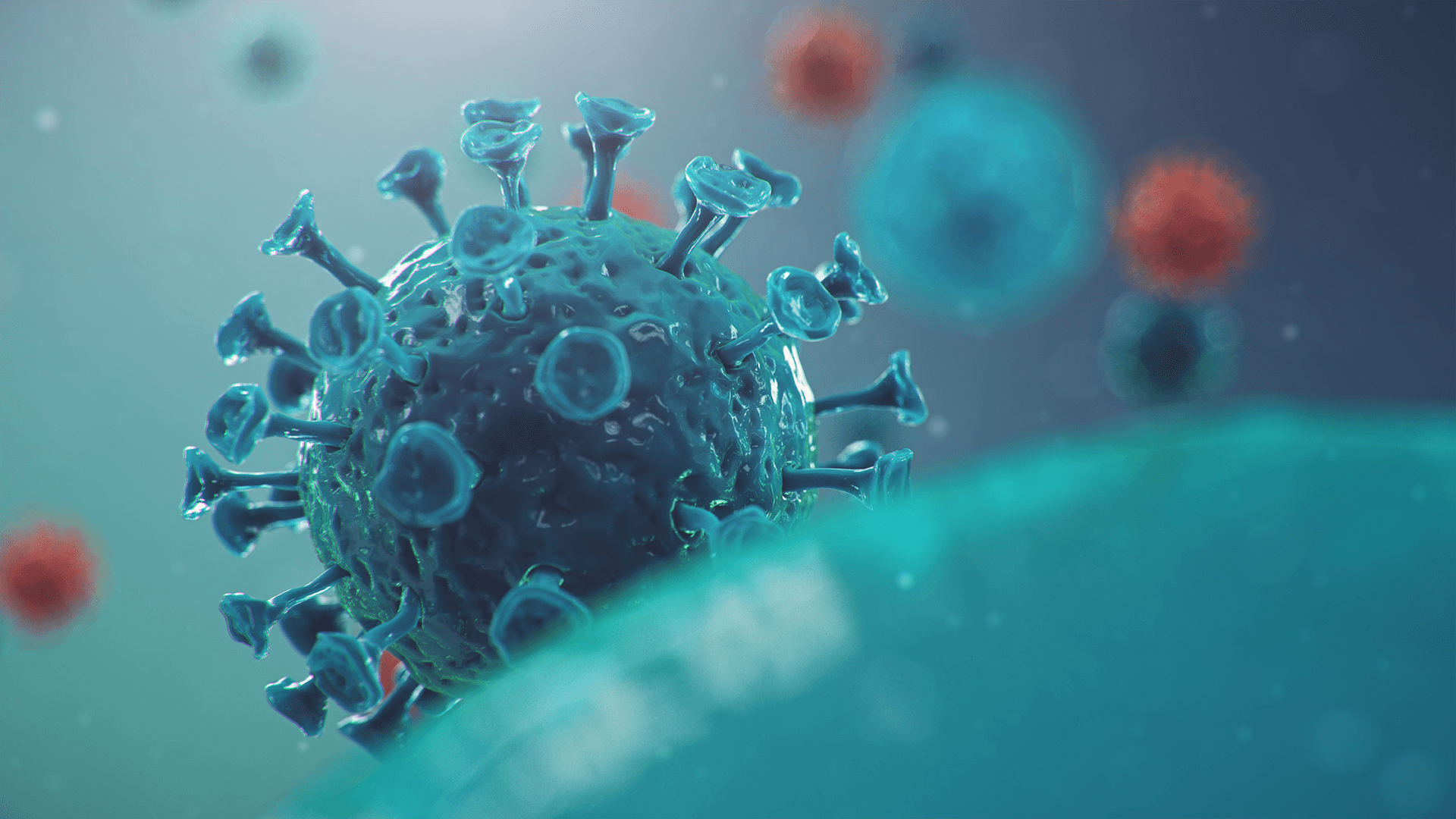Browse
Disciplinary Content
Posted on: #iteachmsu


Posted by
over 4 years ago
Personalized assessments can be created for the students using AI powered online examination systems. Along with providing some very useful features for the online examinations, AI based systems can provide useful insights of the student performance, group analysis and individual analysis for each topic / sub topic.
Posted on: #iteachmsu



Posted by
over 4 years ago

powered online examination systemsAlong with providing some very useful features for the online examinations, AI based systems can provide useful insights of the student performance, group analysis and individual analysis for each topic / sub topic
Disciplinary Content
Posted on: #iteachmsu



Posted by
over 4 years ago

Artificial Intelligence Driven Assessments
https://www.youtube.com/watch?v=ej0tZUKbF90&ab_channel=Zelfium-AIDrivenPersonalityTestforFree-
https://www.youtube.com/watch?v=ej0tZUKbF90&ab_channel=Zelfium-AIDrivenPersonalityTestforFree-
Disciplinary Content
Posted on: #iteachmsu



Posted by
over 4 years ago

What is social distancing?
Social distancing, also called “physical distancing,” means keeping a safe space between yourself and other people who are not from your household.To practice social or physical distancing, stay at least 6 feet (about 2 arms’ length) from other people who are not from your household in both indoor and outdoor spaces.
Social distancing should be practiced in combination with other everyday preventive actions to reduce the spread of COVID-19, including wearing masks, avoiding touching your face with unwashed hands, and frequently washing your hands with soap and water :
Social distancing, also called “physical distancing,” means keeping a safe space between yourself and other people who are not from your household.To practice social or physical distancing, stay at least 6 feet (about 2 arms’ length) from other people who are not from your household in both indoor and outdoor spaces.
Social distancing should be practiced in combination with other everyday preventive actions to reduce the spread of COVID-19, including wearing masks, avoiding touching your face with unwashed hands, and frequently washing your hands with soap and water :
Disciplinary Content
Posted on: #iteachmsu



Posted by
over 4 years ago

To practice social or physical distancing, stay at least 6 feet (about 2 arms' length) from other people who are not from your household in both indoor and outdoor spaces.
www.taralaya.org
www.taralaya.org
Disciplinary Content
Posted on: #iteachmsu


Posted by
over 4 years ago
Social distancing, also called “physical distancing,” means keeping a safe space between yourself and other people who are not from your household. To practice social or physical distancing, stay at least 6 feet (about 2 arms' length) from other people who are not from your household in both indoor and outdoor spaces.
Social distancing, also called “physical distancing,” means keeping a safe space between yourself and other people who are not from your household. To practice social or physical distancing, stay at least 6 feet (about 2 arms' length) from other people who are not from your household in both indoor and outdoor spaces.
Social distancing, also called “physical distancing,” means keeping a safe space between yourself and other people who are not from your household. To practice social or physical distancing, stay at least 6 feet (about 2 arms' length) from other people who are not from your household in both indoor and outdoor spaces.
Posted on: #iteachmsu



Posted by
over 4 years ago

The virus that causes COVID-19 is mainly transmitted through droplets generated when an infected person coughs, sneezes, or exhales. These droplets are too heavy to hang in the air, and quickly fall on floors or surfaces.
You can be infected by breathing in the virus if you are within close proximity of someone who has COVID-19, or by touching a contaminated surface and then your eyes, nose or mouth.
The virus that causes COVID-19 is mainly transmitted through droplets generated when an infected person coughs, sneezes, or exhales. These droplets are too heavy to hang in the air, and quickly fall on floors or surfaces.
You can be infected by breathing in the virus if you are within close proximity of someone who has COVID-19, or by touching a contaminated surface and then your eyes, nose or mouth.
The virus that causes COVID-19 is mainly transmitted through droplets generated when an infected person coughs, sneezes, or exhales. These droplets are too heavy to hang in the air, and quickly fall on floors or surfaces.
You can be infected by breathing in the virus if you are within close proximity of someone who has COVID-19, or by touching a contaminated surface and then your eyes, nose or mouth.
You can be infected by breathing in the virus if you are within close proximity of someone who has COVID-19, or by touching a contaminated surface and then your eyes, nose or mouth.
The virus that causes COVID-19 is mainly transmitted through droplets generated when an infected person coughs, sneezes, or exhales. These droplets are too heavy to hang in the air, and quickly fall on floors or surfaces.
You can be infected by breathing in the virus if you are within close proximity of someone who has COVID-19, or by touching a contaminated surface and then your eyes, nose or mouth.
The virus that causes COVID-19 is mainly transmitted through droplets generated when an infected person coughs, sneezes, or exhales. These droplets are too heavy to hang in the air, and quickly fall on floors or surfaces.
You can be infected by breathing in the virus if you are within close proximity of someone who has COVID-19, or by touching a contaminated surface and then your eyes, nose or mouth.
Disciplinary Content
